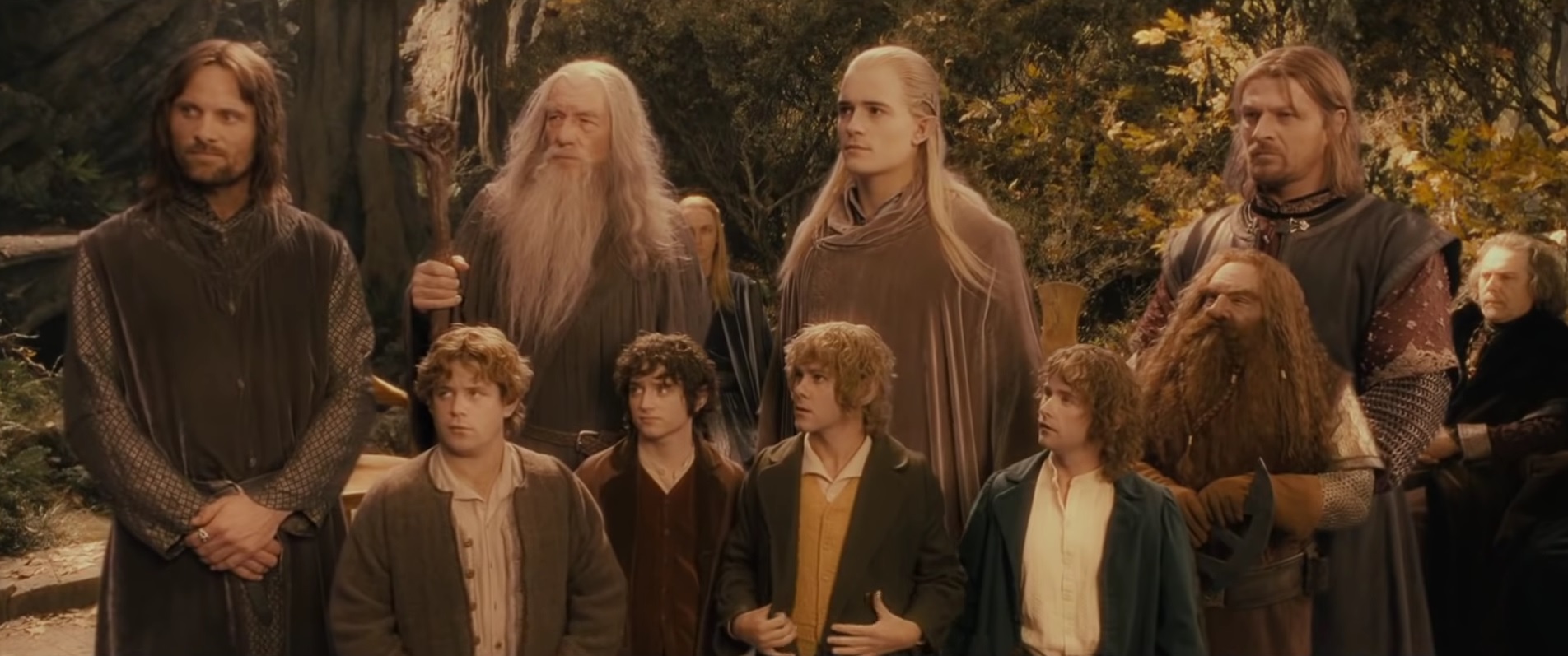- Oct 28, 2006
- 21,143
- 9,951
- Country
- United States
- Faith
- Christian
- Marital Status
- Married
- Politics
- US-Others
I've just finished reading Myron Bradley Penner's book, The End of Apologetics, and I've been thinking about the state of the negative and positive inter-personal and other social "flows" that so often manifest among many modern Christian Apologists and various skeptical inquirers...
Penner offers an alternative assessment on what Apologetics "is" or "should do" to that of someone like William Lane Craig, and in the following podcast (45 minutes), we find they've sat down together to discuss and mildly debate the nuances of their respective points of view on how they think Christian Apologetics should be done and what its purpose is. If you want to listen in, I've provided the podcast for your convenience:
[Side note: The discussion moderator in the podcast is Julie Roys, and a taste of her own evangelical thinking can be found here (Enjoy!!) ]
]
Also, a quick but all too brief summation by Julie Roys of the podcast above can be found [here].
********************************************************************************
In my hermeneutical (i.e. cultural, ideological, interpretive) reflection upon Penner's more Kierkegaardian-esque approach to Christian Apologetics and the Influence (or lack thereof) that Evangelical Apologetics has had, on the whole, in today's world, I thought about the following, "simple" question, one which all here can ponder over since everyone here, I'm assuming, has equal access to the Bible:
In other words: what do you think Christian Apologetics is supposed to do?
Or even, if you prefer: Should Christians today abandon the attempt to do 'apologetics'?
Of course, everyone is welcome to weigh-in here, both Christians and Skeptical Atheists alike.
Penner offers an alternative assessment on what Apologetics "is" or "should do" to that of someone like William Lane Craig, and in the following podcast (45 minutes), we find they've sat down together to discuss and mildly debate the nuances of their respective points of view on how they think Christian Apologetics should be done and what its purpose is. If you want to listen in, I've provided the podcast for your convenience:
[Side note: The discussion moderator in the podcast is Julie Roys, and a taste of her own evangelical thinking can be found here (Enjoy!!)
Also, a quick but all too brief summation by Julie Roys of the podcast above can be found [here].
********************************************************************************
In my hermeneutical (i.e. cultural, ideological, interpretive) reflection upon Penner's more Kierkegaardian-esque approach to Christian Apologetics and the Influence (or lack thereof) that Evangelical Apologetics has had, on the whole, in today's world, I thought about the following, "simple" question, one which all here can ponder over since everyone here, I'm assuming, has equal access to the Bible:
As a Christian who undertakes Apologetical tasks, is it my job to A) tell non-believers how they should think and/or believe and/or live, OR B) offer an account of why "I" personally believe?
In other words: what do you think Christian Apologetics is supposed to do?
Or even, if you prefer: Should Christians today abandon the attempt to do 'apologetics'?
Of course, everyone is welcome to weigh-in here, both Christians and Skeptical Atheists alike.
Last edited:

